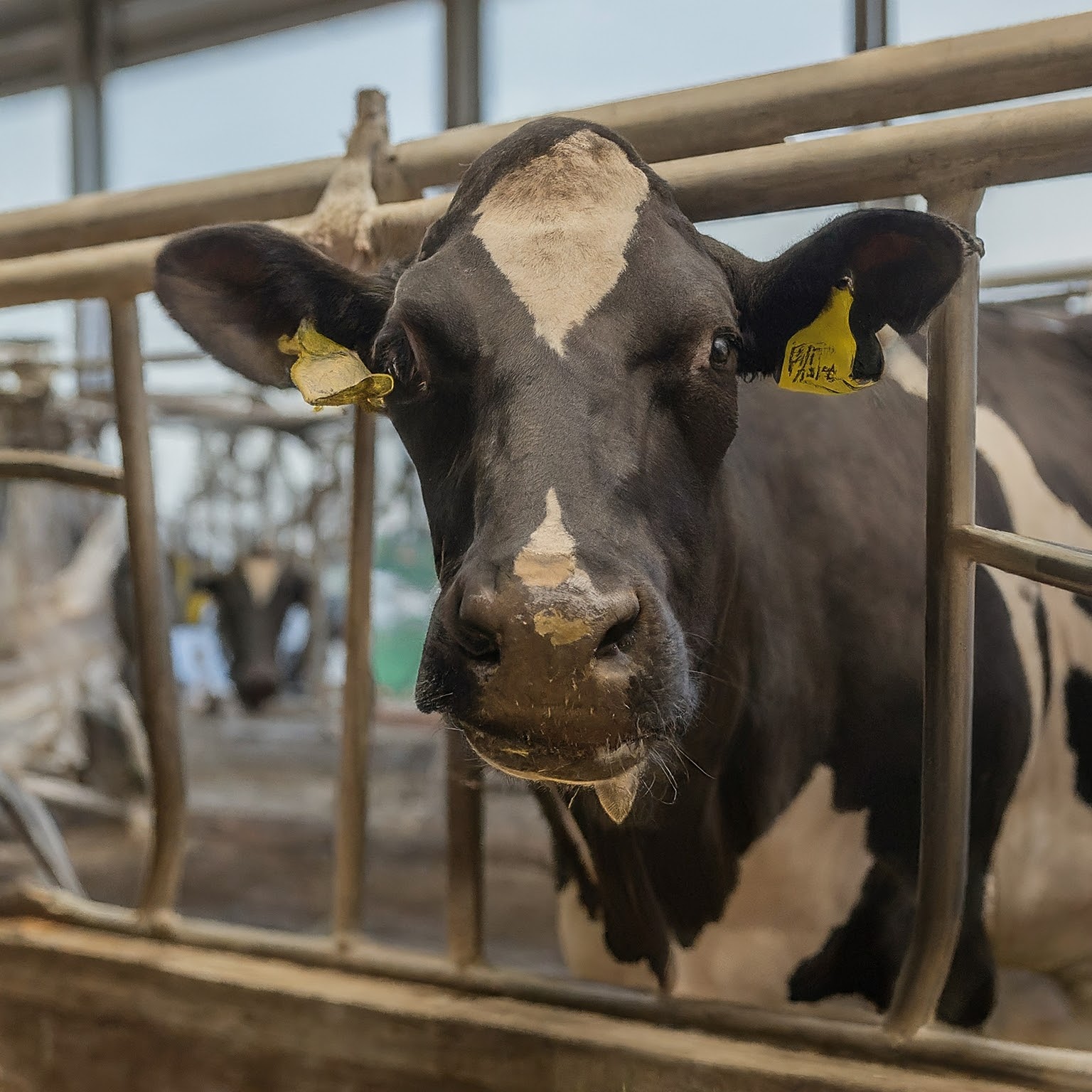Bird Flu & Dairy Farms: A Cause for Concern? Let’s address a recent headline sparking worry: bird flu in milk. While the news of two dairy workers in the US contracting bird flu (H5N1) is concerning, it’s crucial to understand the facts before panicking about your carton of milk. This article, written by Sarah Moore,
Bird Flu & Dairy Farms: A Cause for Concern?
Let’s address a recent headline sparking worry: bird flu in milk. While the news of two dairy workers in the US contracting bird flu (H5N1) is concerning, it’s crucial to understand the facts before panicking about your carton of milk.
This article, written by Sarah Moore, a registered dietitian with over 10 years of experience in food safety and public health education, will debunk myths and provide clear information to ensure safe milk consumption.
Understanding Bird Flu (Avian Influenza): A Primer
Bird flu (avian influenza) is a respiratory illness primarily affecting birds. While some strains can infect humans, the current H5N1 strain is rarely transmitted from birds to people.
The recent cases involving dairy workers highlight a new development: the virus jumping from birds to mammals (cows) for the first time in the US. However, it’s important to note that:
- These were isolated cases involving workers in direct contact with infected cows.
- There’s no evidence of human-to-human transmission through milk consumption.
Milk Safety Measures: Pasteurization to the Rescue!
The good news? The milk you buy at the grocery store is safe. Here’s why:
- Pasteurization: Milk undergoes a heat treatment process (pasteurization) that effectively kills harmful bacteria and viruses, including bird flu viruses.
- Regulatory Oversight: The FDA and dairy industry have strict regulations in place to ensure milk safety throughout the production process.

Picture by: Google Gemini
Raw Milk vs. Pasteurized Milk: Know the Difference
While this recent news may raise concerns about raw milk consumption, it’s important to remember that raw milk always carries a higher risk of foodborne illnesses, regardless of bird flu.
Table 1: Pasteurized vs. Raw Milk
| Feature | Pasteurized Milk | Raw Milk |
|---|---|---|
| Safety | Eliminates harmful bacteria and viruses | May contain harmful bacteria and viruses |
| Regulations | Strictly regulated by FDA | Unregulated |
| Availability | Widely available | Limited availability, often sold at farmers markets |
Protecting Yourself: Tips for Safe Milk Consumption
Here are some additional tips for safe milk consumption:
- Purchase milk from reputable sources and stores.
- Check the expiration date and ensure the packaging is undamaged.
- Store milk in the refrigerator at a temperature below 40°F (4°C).
- Use milk before the expiration date.
- Reheat leftover milk to a rolling boil before consuming.
The Takeaway: Enjoy Your Milk with Confidence!
The recent bird flu cases in dairy workers don’t pose a threat to consumers through pasteurized milk consumption. By following safe handling practices, you can continue to enjoy milk as a nutritious and delicious part of your diet.
If you have further questions or concerns, consult a registered dietitian or healthcare professional.
















